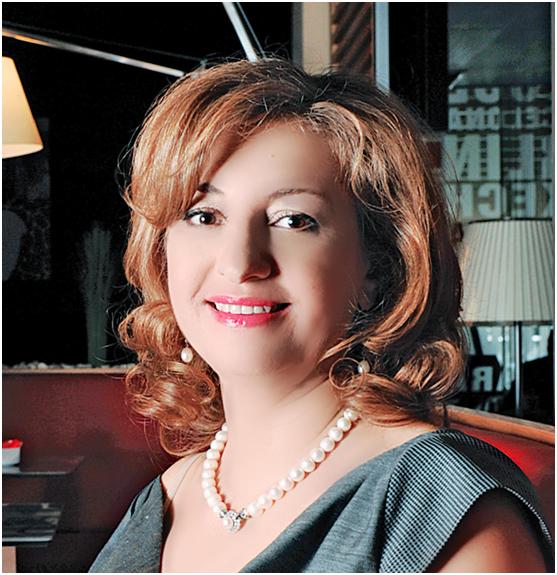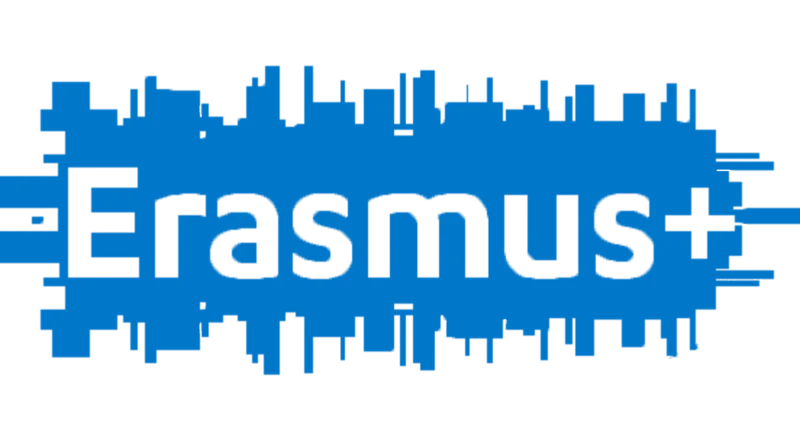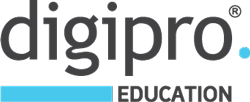Developing Disruptive, Innovative and ICT-Rich Learning Environments

Instructor
-
 Chryso ChristodoulouCEO - Founder
Chryso ChristodoulouCEO - FounderMrs. Chryso Christodoulou is the founder of FUNecole® Research Institute and the co-founder of Digipro Education Limited. Her academic background is in Computer Science and Education. She is the designer and author of the FUNecole® for Cambridge ICT Starters Initial Steps endorsed by University of Cambridge International Examinations and recognized best practice educational approach by the European Commission. Mrs. Christodoulou is an external educational expert for the Institute of Prospective Technological Studies (IPTS) on various educational research projects. She is a program committee member for the Institute of Electrical and Electronics Engineers’ (IEEE) Computer society. Mrs. Christodoulou participates as keynote speaker and panelist at numerous conferences, seminars and workshops around the world. Mrs. Christodoulou´s work has been published in scholarly and policy publications, such as IEEE Xplore and the European Parliament Magazine. She is a recognized as an entrepreneurship expert by OECD and is one of 350 European Ambassadors of Entrepreneurship.

Date
- Ιούν 13 - 19 2022
- Expired!
Time
- 1:00 am - 8:30 am
Outline
- Transforming the 21st century education
- Disrupting education with innovative learning practices
- Embracing diversity and lead for global education
- Using the STEM approach for primary and secondary schools
- Engaging 21st century students with holistic interdisciplinary lessons
- Teachers (pre-school, primary, secondary, vocational, adult education)*
- Teacher trainers(pre-school, primary, secondary, vocational, adult education)*
- Curriculum coordinators/designers (pre-school, primary, secondary, vocational, adult education)*
- Head teachers/principals/deputy-assistant heads/academic heads/managers (pre-school, primary, secondary, vocational, adult education)*
*Any discipline/subject is welcomed including science, ICT/technology, engineering, mathematics, languages, business/finance, arts, sports and other.
By the end of this workshop participants will be in a position to:
- Design innovative lesson plans based on robust pedagogies.
- Develop holistic and personalised learning experiences using flipped, differentiated, parallel, integrated and all-inclusive classroom instruction.
- Use discovery-oriented, contextual, problem-oriented, case-based, socially and intrinsically motivated learning.
- Infuse technology into the 21st century school curricula.
- Re-define the role of the teacher who has to make room for other types of learning (e.g. self-learning, peer learning and curiosity driven learning.
- Introduce the One to One and Bring Your One Device (BYOD) learning frameworks.
- Use STEM lesson approach for both primary and secondary education.
- Introduce global education initiatives.
- Be familiarized and use a plethora of web based tools and recourses.
- Support the 21st century smart skill set development initiative.
The workshop methodology aims to support participants in how to expand their own personal skills and knowledge. This aim will be accomplished by providing robust and well-designed case studies, integrating sample educational demos, presenting and discussing real life scenarios, performing group assignments and demonstrating web enabled tools and recourses. There will be also presentations using PowerPoint slides, videos and various other multimedia tools.
Participants will be guided in a very concise way, both on the strategic side and on the practical classroom management side. Participants will be asked to bring their own materials into the seminar and will be encouraged to interact with the lecturers and other participants. This workshop will follow a very pragmatic approach that will enable the active participant interaction.
The seminar notes are going to be available to participants in hard copies as well as in electronic form via a dedicated online class blog.
Participants are strongly encouraged to bring their own laptops.
1. PROGRAM OVERVIEW
Day 1 – Monday
16:30 – 18:30
Opening Session: Welcome and official opening session, icebreakers, presentation of trainers and participants.
2. TRANSFORMING THE 21ST CENTURY EDUCATION
Day 2 – Tuesday
9:00 – 12:30
The 21st century learning habitat. Establish new norms and reimagine schools. Rethink of innovative pedagogy curriculum, assessment and teaching practices.
14:00 – 16:30
What will ensure the most effective implementation of the initiatives on which a shift is built? How can you structure evaluation so that it is continuous and impactful? Moving beyond reproducing old practices with new tools and frameworks such as One to One and BYOD: Developing a focused, disruptive pedagogical vision for learning.
3. DISRUPTING EDUCATION WITH INNOVATIVE LEARNING PRACTICES
Day 3 – Wednesday
9:00 – 12:30
Presenting effective school transformation initiatives: Improving and extending the offer of high quality learning opportunities that are tailored to individual learners’ needs, including through innovative ways of instruction, guidance and assessments.
14:00 – 16:00
Disrupting teaching practices with developing the 21st century smart skill set. Cultivating higher level of thinking and collaboration for social cohesion skills. Shifting the focus towards experiential, active, cumulative, constructive, goal-directed, diagnostic and reflective learning. Understanding the need for more independent learning: more discovery-oriented, contextual, problem-oriented, case-based, socially and intrinsically motivated learning.
17:00 – 19:00
Cultural program:
Guided tour visit to the Ancient Theatre Curium and Cultural tour on birthplace of Ancient Greek Goddess Aphrodite.
4. EMBRACING DIVERSITY AND LEAD FOR GLOBAL EDUCATION
Day 4 – Thursday
09:00–10:15
Using high tech devises to challenge and engage the creativity and innovation skills.Integrating web enabled tools and mobile tech. Teaching for all types of literacies. Orchestrating the media collage.
14:00 – 16:00
Leading for Global Education. Engage all stakeholders to develop a shared mission and vision that supports global competences. Presenting the new educational framework for Global Education.
Case study: Building Capacity For Global Education. UNESCO’s Framework for Global Citizenship.
5. USING THE STEM APPROACH FOR PRIMARY AND SECONDARY SCHOOLS
Day 5 – Friday
9:00 – 12:30
Trans-disciplinary approaches to learning: The Engineering design process of STEM lessons. STEM approach: more than grouping subject areas.STEM lessons: Immerse students in hands-on inquiry, open-ended exploration, productive teamwork while focusing on real-world issues and problems.
14:00 – 16:30
Showcase of STEM lessons for all school levels: From early elementary to secondary school. Allowing for multiple right answers and reframe failure as a necessary part of learning and offer rich possibilities for creative learning.
6. ENGAGING 21ST CENTURY STUDENTS WITH HOLISTIC INTERDISCIPLINARY LESSONS
Day 6 – Saturday
9:00 – 12:30
Designing holistic educational lesson plans using comprehensive approaches that truly involve students in deep learning experiences.
Developing STEM lessons. Plan for all-inclusive lessons; choose the right device, digital recourses and pedagogies for deep learning experiences.
Practical parallel group projects where participants use newly acquired knowledge, skills, digital tools and recourses design engaging lesson plans and learning experiences.
14:00 – 16:30
Participant and/or group presentations.
7. COURSE EVALUATION AND LESSONS LEARNT
Day 7 – Sunday
9:00 – 12:30
Facilitate interactive group discussions and course evaluation. Course final conclusions and course closure.

